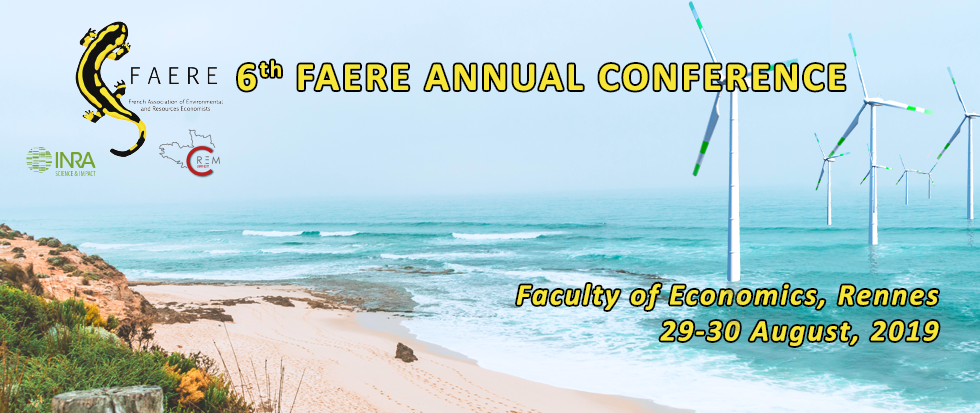Tipping points, delays, and the control of catastrophes
1 : Toulouse school of economics and INRA
(TSE and INRA)
TSE AND INRA
21 allées de Brienne 31000 Toulouse -
France
2 : aalto University
Aalto -
Finlande
A decision-maker chooses a flow variable (e.g., consumption) contributing to a stock (e.g., greenhouse gases) that may trigger a catastrophe at each new un- tried level. The key assumption is that the catastrophe itself occurs only after a stochastic delay. We show the optimality of non-monotonic policies, with rapid experiments followed by more cautious, wait-and-see phases. History, i.e., how the current state of the world was reached, becomes a critical determinant of fu- ture policies. Starting with a history of rapid past increase in the stock leads to cautiousness and to less experimentation in total.



